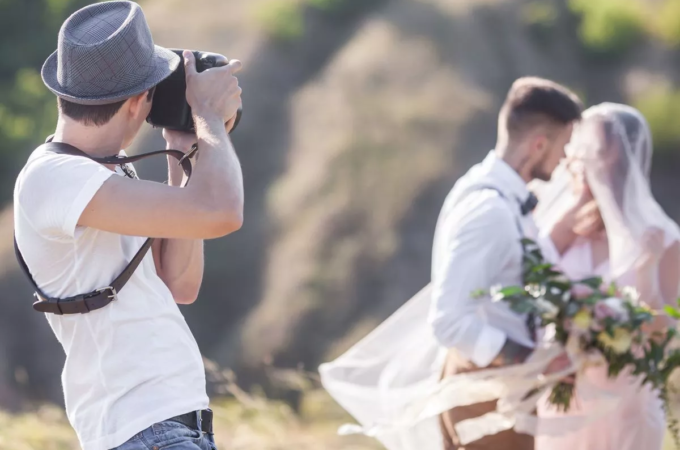
Obtaining a Music Licence in Australia
A piece of music played in the background during a night out at a bar, the gym, or other common hangout spots in Australia would provide a more enjoyable and picturesque experience. But does anybody know that to play music in these public locations, one must acquire authorisation from the appropriate authorities? Yes, authorisation is required to play music for clients at most companies, including bars and taverns, fitness centres and retail stores, dance studios and child care facilities.
A music rights organisation in Australia, or any other nation for that matter, is the entity responsible for issuing Music licensing in that country. If one does not have the authorisation to play music with copyright lyrics or compositions in public spaces, then breaking Australian law should be a criminal offence. Before beginning a new venture, several permissions and licences need to be obtained, and having a music licence is one of the essential ones.
Table of Contents
TogglePerforming Musical Performances in a Public Setting
In contrast to playing music in one’s own home, obtaining permission from the copyright owner to play music in a commercial setting, particularly for the benefit of paying customers, is required. Most of the time, the person who wants to utilise music for their business or some other reason will have to obtain authorisation by purchasing a licence unique to the genre of music they wish to use. Retail stores, bars, businesses providing child care, gyms, cafés, theatres, movie theatres, hair salons, and dancing schools are only some of Australia’s public platforms or businesses that are required to get a Music licensing.
Using music protected by intellectual property rights as background music in videos, films, and other media also requires permission. Using them at a conference, concert, community event, or even in a lesson that is live-streamed would be a violation of copyright by the regulations that govern copyright in Australia. It is necessary to get a licence from the music’s original proprietors to broadcast or stream copyright-protected music on the radio, television, or digital platforms.
How can I obtain a licence to play music?
Before acquiring a music licence, one must understand the many types of music licences available. The most frequent one is the public performance music licence generally held by persons who manage enterprises and organisations to use copyright-protected music. By directly paying the music’s owner, one can obtain permission from the music’s owner to use copyright-protected music in their work.
Another option is to acquire a licence from a music rights organisation in Australia, allowing the user to use the vast majority of music from across the world. These licensing payments will reimburse the musicians who created the song. It is via the music rights organisation that the money is sent to Australia to use Australian-created music internationally.
How much does it cost to get a licence to play music?
The price of a music licence is determined by how the music is utilised within the company. A music licence in Australia may be purchased for as little as one hundred dollars for the entire year. The music’s intended purpose is considered during the issuing and pricing of music licences. This ensures that the user is only required to pay for the specific genre of music that was licensed.
Music is often played in the background to set the mood and create an atmosphere at a restaurant or any other type of business. This application is fundamentally distinct from employing it in a live performance or concert, and as a result, the fees involved are different. Those who apply for the licence are allowed to select, from among many various licence schemes, the one that best suits their needs. Make sure you have a current music licence before you start a business, as failing to do so might result in copyright violations that are more expensive to resolve.
Author bio:
Steffy Alen is a copywriter and content strategist. She helps businesses stop playing around with content marketing and start seeing the tangible ROI. She loves writing as much as she loves the cake.


